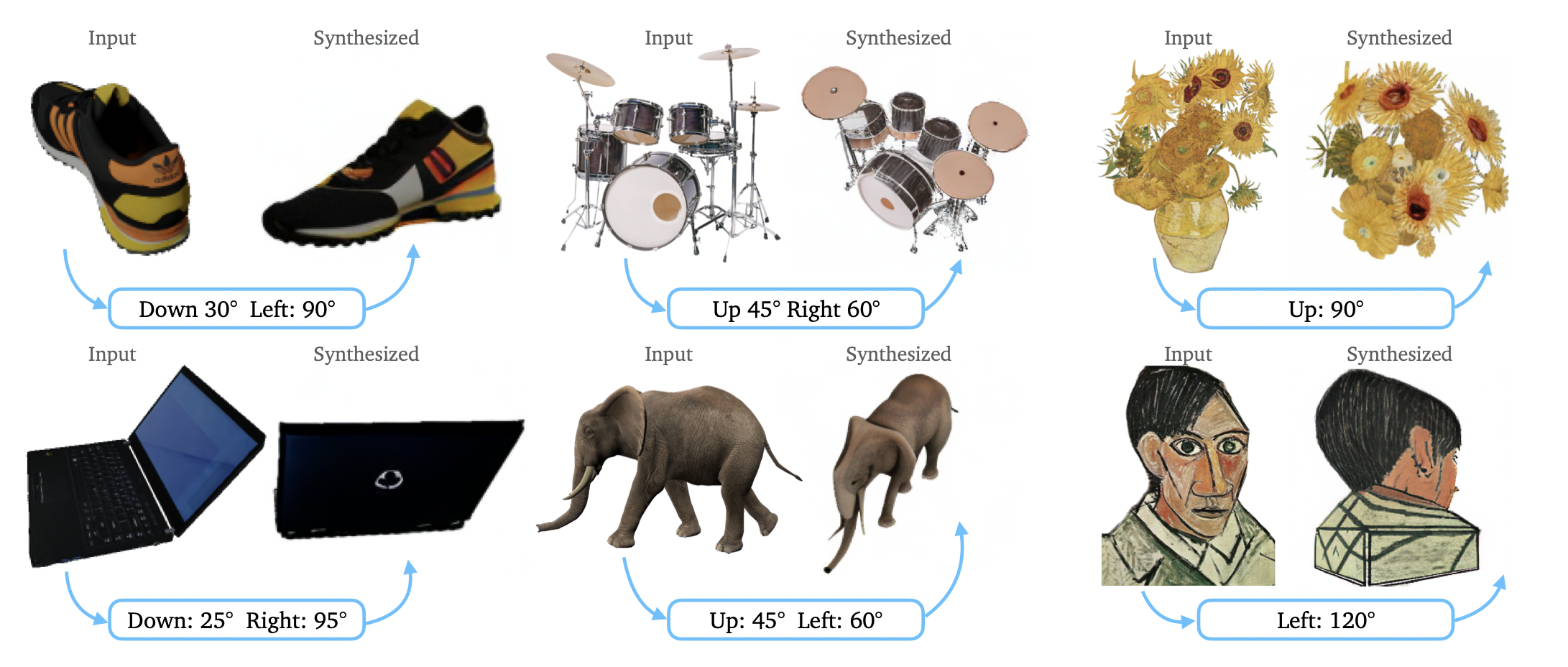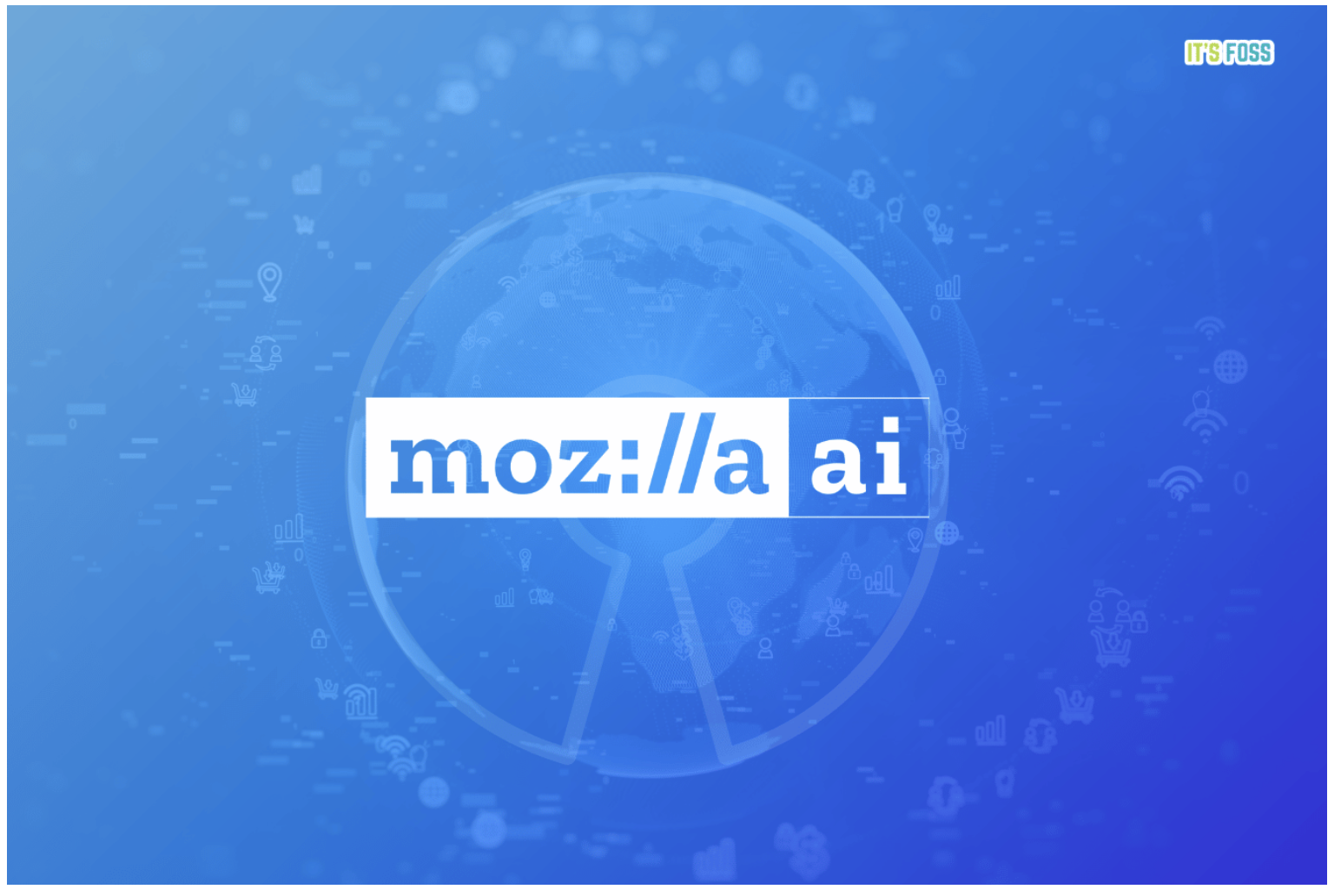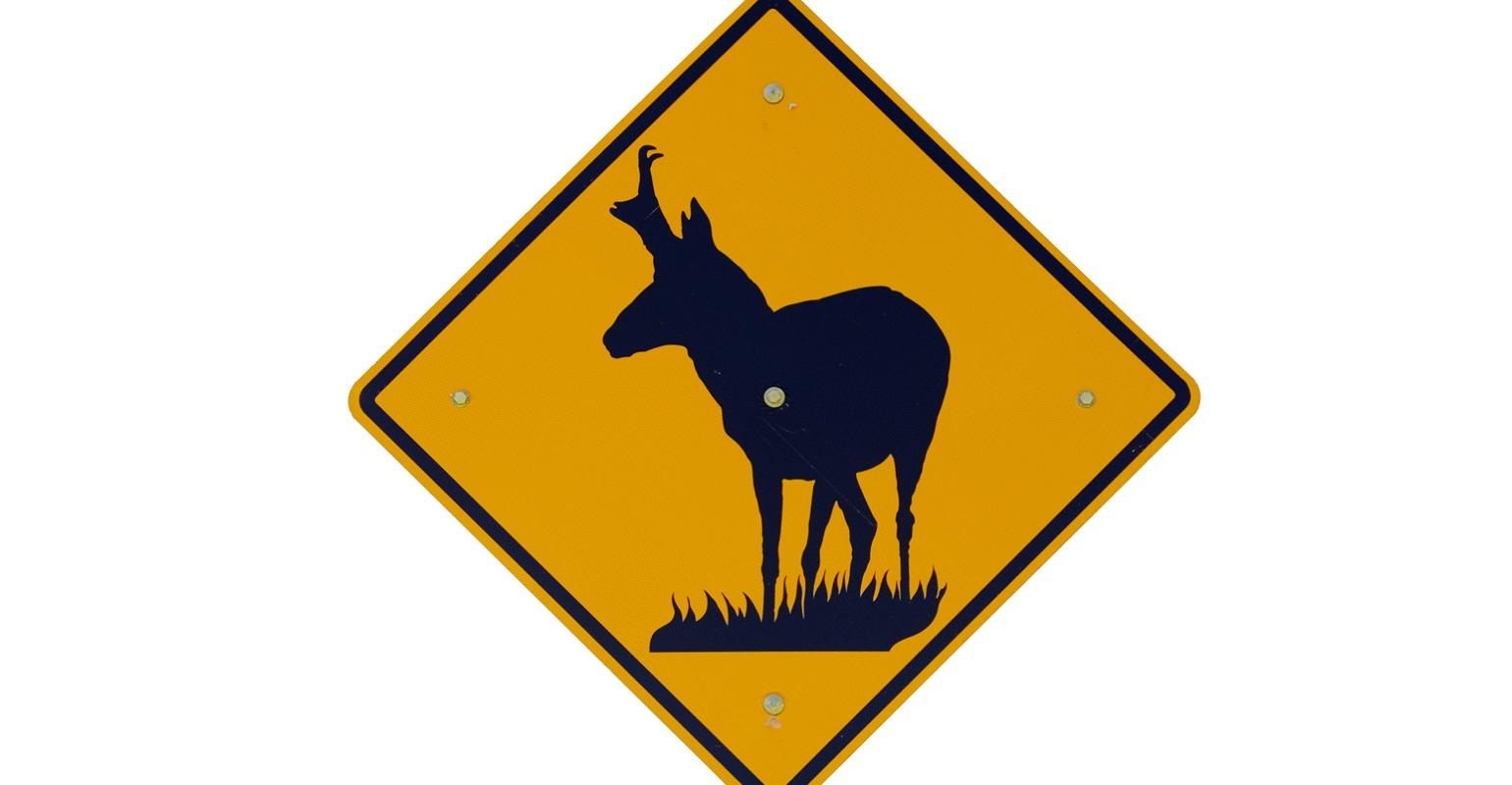
Research: Using a single monocular image, researchers from The University of Adelaide proposed a two-stage framework that predicts depth up to an unknown scale and shift in the first stage. In the second stage, they used 3D point cloud encoders to predict the missing depth shift and focal length, which allowed them to recover a realistic 3D scene shape. They also suggested a normal-based geometry loss and an image-level normalized regression loss to improve depth prediction models trained on mixed datasets. They used nine unknown datasets to test their depth model, and they were able to generalize zero-shot datasets with the best possible accuracy. Visit https://git.io/Depth to access the code.

Zero-1-to-3, a framework for altering the camera viewpoint of an object with just a single RGB image, was developed by Columbia University researchers. To execute innovative view synthesis in this under- restricted context, they leveraged on the geometric priors that large-scale diffusion models learn about natural images. Their conditional diffusion model employs a synthetic dataset to learn controls of the relative camera viewpoint, which allow new images to be created of the same object under a defined camera transformation. Qualitative and quantitative testing reveal that their strategy greatly outperforms state- of-the-art single-view 3D reconstruction and unique view synthesis models by utilizing Internet-scale pre-training
Open Source:

Mozilla announced plans to launch a new firm and assemble a community in order to create a reliable, independent, and open-source AI environment. Mozilla has committed $30M to kick-start a new startup called Mozilla.ai. It aspires to unite individuals from various walks of life to work jointly on developing a reliable and autonomous AI ecosystem that will benefit everyone. The first task will be to develop tools that will significantly increase the safety and transparency of generative AI compared to its current state and to develop "people-centric" recommendation systems that don't provide biased information.

OpenStack Antelope, the first significant update for the open source OpenStack cloud computing platform in 2023, was made available on March 22. With Antelope, OpenStack has now had 27 versions of its open source cloud platform, which initiated its start as a joint effort between Rackspace and NASA in 2010, increasing dramatically in the years since then. The latest release is the first to adhere to the project's revised release schedule for updates, which came into effect with the October 2022 release of the OpenStack Zed update. While there will continue to be two OpenStack platform releases every year, users will be able to skip a release and update only once a year if they so desire.